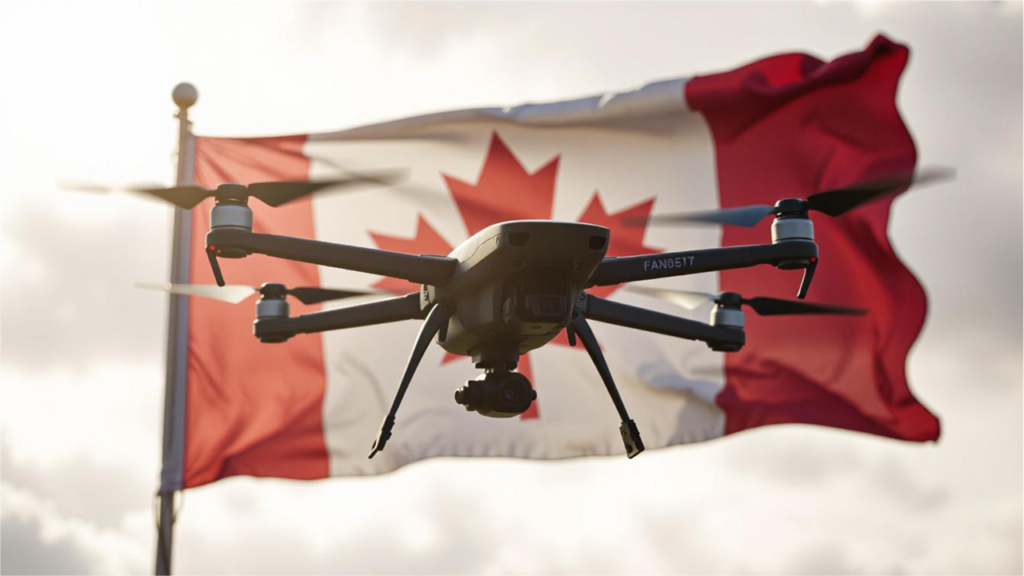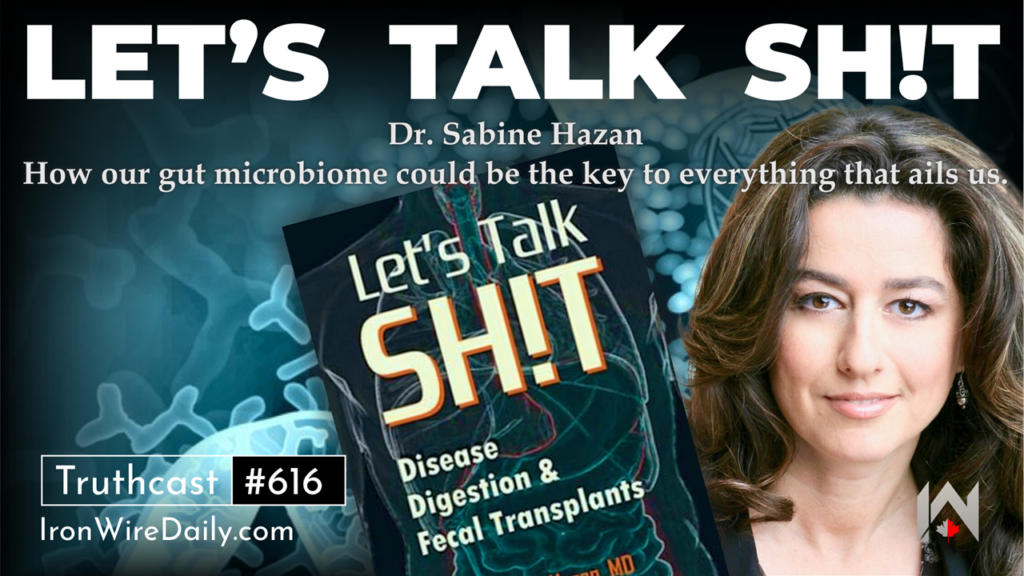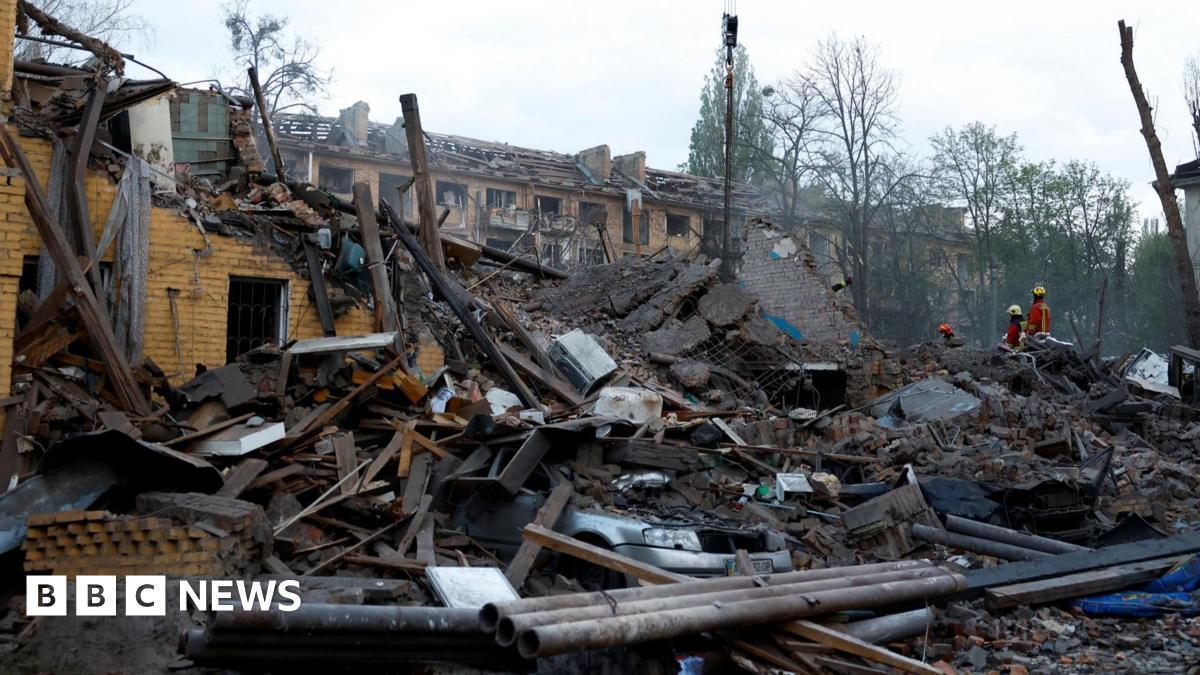RFK Jr. Wants CDC to Stop Recommending COVID Shots for Kids, Inside Sources Say
Source: Children’s Health Defense
U.S. Department of Health and Human Services (HHS) Secretary Robert F. Kennedy Jr. is considering pulling the COVID-19 vaccine from the Centers for Disease Control and Prevention’s (CDC) list of recommended vaccines for children, two people familiar with the situation told Politico.
Children’s Health Defense (CHD) CEO Mary Holland said she was “thrilled” with the news.
“CHD challenged the U.S. Food and Drug Administration’s [FDA] decision to make these shots available to children at all. The science does not show their safety or effectiveness,” Holland said.
“Indeed, children have died, developed myocarditis, paralysis and all manner of other harms from these shots,” she added. “CHD believes this is the start of what needs to be a thorough reassessment of the CDC’s childhood vaccine recommendations.”
Attorney Ray Flores, senior outside counsel for CHD, agreed. He said removing COVID-19 shots is “the obvious place to start” if the CDC is going to modify its childhood immunization schedule.
The CDC’s current Child and Adolescent Immunization Schedule recommends that children as young as 6 months old get vaccinated against COVID-19 with three doses of Pfizer’s shot or two doses of Moderna’s shot.
The CDC also recommends children 6 months and up receive an annual booster dose at least eight weeks after the most recent dose.
Removing the COVID-19 shot from the CDC schedule wouldn’t bar kids from receiving the vaccine, Politico said.
However, the move would likely have large ramifications as state and local authorities look to the CDC schedule when deciding vaccine requirements for students.
Insurers, including Medicaid — which covers 40% of all children in the U.S — also use the CDC’s schedule when deciding which vaccines to cover.
In many states, pediatricians who treat children enrolled in Medicaid must participate in the CDC’s Vaccines for Children Program. The program requires participating doctors to administer all of the shots, including COVID-19 vaccines, on the childhood schedule.
“No final decision has been made,” HHS spokesperson Andrew Nixon told Politico on Tuesday. An HHS spokesperson on Wednesday told The Defender that a decision still hadn’t been made.
According to the two people who spoke to Politico on condition of anonymity, Kennedy has advocated internally to stop having the CDC recommend the COVID-19 vaccine for children. He argues that there is little scientific evidence that the shot provides a benefit to babies and young children.
At its latest meeting last week, the CDC’s independent vaccine advisory committee discussed switching from a universal to a risk-based approach for its COVID-19 recommendations.
A risk-based approach might mean changes to the CDC’s current recommendation that all kids 6 months and up get vaccinated for COVID-19, as kids are considered at low risk of severe illness from the virus. The committee is expected to vote on the issue in June.
No licensed COVID shots for kids under 12
As The Defender reported, there are no licensed COVID-19 vaccines for kids under 12. The CDC-recommended shots for youngsters have been granted only emergency use authorization (EUA) by the FDA.
The FDA’s EUA process doesn’t require the same safety or efficacy testing as its licensing process.
The FDA website on EUA for medical products states that EUA vaccines only have to meet the standard of “may be effective” as long as, “based on the totality of the scientific evidence, it is reasonable to believe that the product may be effective for the specified use.”
“The ‘may be effective’ standard for EUAs provides for a lower level of evidence than the ‘effectiveness’ standard that FDA uses for product approvals,” the website states.
Before a vaccine can be fully licensed, the vaccine maker typically must conduct numerous clinical trials to demonstrate that the product is safe. However, the safety requirements for EUA are more flexible.
“The amount and type(s) of safety information that FDA recommends be submitted as part of a request for an EUA will differ depending upon a number of factors, including whether the product is approved for another indication and, in the case of an unapproved product, the product’s stage of development.”
U.S. an outlier in still recommending the shot for kids
The COVID-19 vaccine’s benefit to kids is questionable as children are unlikely to get severely ill or die from COVID-19.
Currently, most U.S. parents choose not to give their kids the COVID-19 vaccine. A mere 13% of U.S. children have received the most recent COVID-19 shot, according to CDC data.
Most European countries no longer recommend annual COVID-19 shots for healthy kids, Politico noted.
For instance, Germany recommends against the shots for babies, kids and adolescents without an underlying condition. Germany’s rationale is that healthy young people typically experience only a mild course of disease, “with a very low likelihood” of hospitalization.
In January 2022, Sweden opted against vaccinating kids ages 5-11 against COVID-19, arguing that the risks outweighed the benefits.
Risks of COVID vaccines for kids outweigh the benefits
The U.S. began rolling out the COVID-19 shot to elementary-age kids in November 2021, after the FDA on Oct. 29, 2021, authorized Pfizer’s vaccine for emergency use among kids ages 5-11.
In early 2022, when the FDA was considering authorizing Pfizer’s shot for kids ages 6 months to 5 years, CHD’s then-chairman, Robert F. Kennedy Jr., sent a letter to HHS officials on behalf of CHD.
In the Feb. 9, 2022, letter, Kennedy outlined 16 reasons why it would be “reckless” for the FDA to authorize the shot for kids under age 5. He cited multiple studies showing that the risks of vaccinating young children clearly outweighed the benefits.
For instance, he pointed to a Johns Hopkins University study led by Dr. Marty Makary, who now heads the FDA, that monitored 48,000 children diagnosed with COVID-19. The study showed a zero mortality rate in kids under 18 without comorbidities.
Studies from Hong Kong and the U.S. showed boys ages 12-17 years have an increased risk of myocarditis after receiving the shot.
Kennedy pointed out that the FDA in 2021 knew the government’s vaccine injury surveillance systems were inadequate for determining the true risk of myocarditis resulting from Pfizer’s vaccine.
He wrote: “Therefore, Pfizer and BioNTech were instructed by FDA to carry out a series of studies of myocarditis to ascertain the risk in different groups, including children. These studies were scheduled to produce final reports to FDA over the next five years.”
He added:
“If the FDA is willing to wait until 2027 to learn the actual risks of myocarditis from the vaccine for children, shouldn’t it be required to wait until 2027 before inoculating millions of small children with a vaccine anticipated to provide them no benefit and possibly substantial risks?”
In June 2022, the FDA gave the green light for kids 6 months and up to get the shot.
On Oct. 20, 2022, the CDC’s independent vaccine advisory committee voted unanimously to add COVID-19 vaccines for children as young as 6 months old to the agency’s Child and Adolescent Immunization Schedule.


This article was funded by critical thinkers like you.
The Defender is 100% reader-supported. No corporate sponsors. No paywalls. Our writers and editors rely on you to fund stories like this that mainstream media won’t write.
‘The vaccine was never needed’ for kids
Pediatrician Dr. Michelle Perro supported removing the shot from the CDC’s vaccine schedule for kids.
“Children possess a robust and highly adaptive innate immune system that has consistently shown effective protection against SARS-CoV-2, with severe outcomes exceedingly rare to near zero in healthy pediatric populations,” she said.
Perro said there is a vast amount of documented harm following COVID-19 vaccination, including myocarditis, pericarditis, dysregulated immune responses and neurological injury.
“These findings have always called for the cessation and re-evaluation of risk-benefit ratios, which never happened, especially in light of the fact that natural immunity in children offers durable protection and the vaccine was never needed,” Perro said.
As of March 28, there were over 56, 000 reports of injuries or deaths following COVID-19 vaccination among kids 17 years and under filed in the Vaccine Adverse Event System (VAERS).
VAERS is co-managed by the FDA and CDC. Although VAERS reports do not prove vaccine injury since they lack verification, prior research has suggested VAERS detects less than 1% of actual vaccine adverse events.
Related articles in The Defender
- There Are No Licensed COVID Vaccines for Kids Under 12 — But CDC Wants Babies to Get 3 Pfizer Shots by Age 9 Months
- ‘Preposterous’: FDA, CDC Authorize New COVID Boosters for Kids as Young as 5 — With No Data, No Independent Review
- ‘Child Abuse on a Massive Scale’: CDC Advisers Recommend Adding COVID Vaccines to Childhood Schedule














